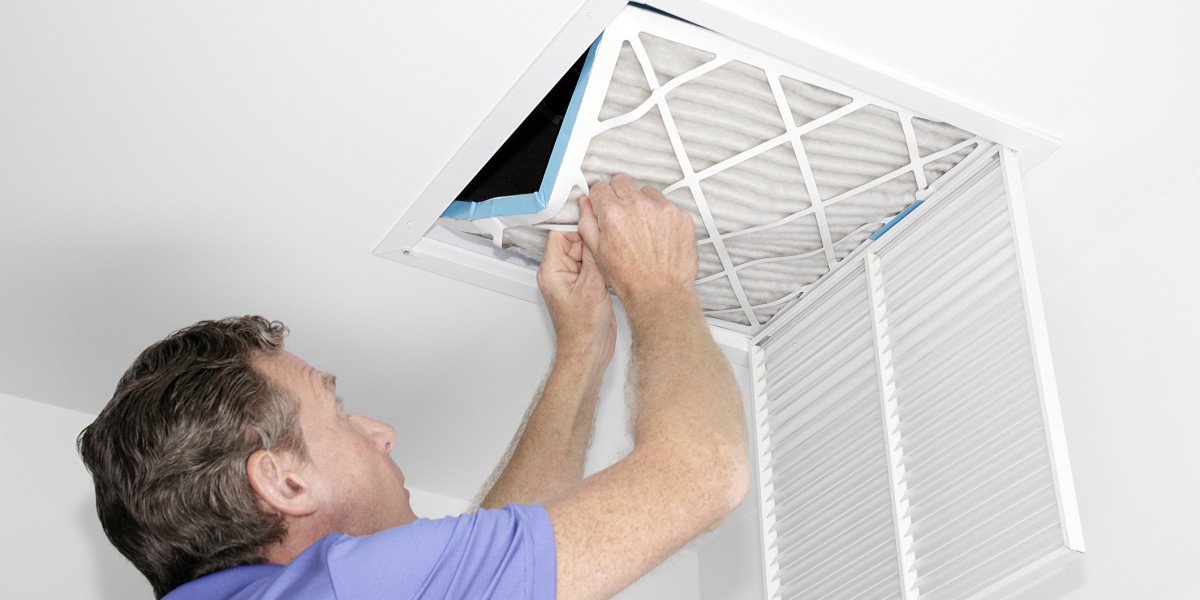In today’s climate-conscious world, improving the energy efficiency of your home or commercial building is a top priority. One often overlooked yet highly effective way to boost your HVAC system’s performance is through upgrading to media filters. These filters play a crucial role not only in maintaining indoor air quality but also in enhancing the overall efficiency of your HVAC system.
In this article, we’ll explore how media filters work, why they are superior to standard filters, and the tangible benefits they bring to your HVAC efficiency, energy costs, and system longevity. We will also highlight key terms like MERV rating, air filtration, airflow, and HVAC maintenance to help you understand why media filters might be the best investment for your system.
Understanding Media Filters and Their Role
A media filter is a high-performance air filter typically used in both residential and commercial HVAC systems to capture airborne contaminants like dust, pollen, mold spores, and other particulates. Unlike traditional 1-inch fiberglass filters, media filters are thicker—usually 4 to 5 inches—and feature a pleated design that increases the surface area, allowing them to trap more pollutants while maintaining efficient airflow.
MERV ratings, or Minimum Efficiency Reporting Values, measure a filter’s ability to trap particles of varying sizes. Media filters typically have a MERV rating between 8 and 13, which means they filter out smaller and more harmful particles compared to standard filters rated between 1 and 4.
How Media Filters Improve HVAC Efficiency
Many people assume that the primary role of an HVAC filter is only to protect the equipment from dust and debris. While this is true, the type of filter used can significantly impact system efficiency in several ways:
1. Improved Airflow
Media filters are designed to provide a larger surface area for air to pass through, reducing resistance or pressure drop compared to standard filters. This means the HVAC system doesn’t have to work as hard to push air through the filter, which can reduce energy consumption and increase the lifespan of the blower motor.
2. Longer Filter Life
Because of their pleated, thicker design, media filters capture more contaminants and remain effective for longer periods—usually between 6 and 12 months compared to standard filters that need replacement every 1 to 3 months. This reduces the frequency of filter changes and prevents the system from running with a clogged filter, which would otherwise strain the HVAC system and increase energy use.
3. Reduced Maintenance Costs
By efficiently trapping pollutants, media filters help prevent dust buildup on critical HVAC components like coils and fans. Cleaner components operate more efficiently and require fewer repairs. Regular use of high-quality filters reduces HVAC maintenance needs and extends equipment lifespan.
4. Enhanced Indoor Air Quality
A byproduct of improved filtration is better indoor air quality. Cleaner air means fewer airborne allergens and pollutants circulating through your space. This not only contributes to occupant health and comfort but also ensures your HVAC system isn’t forced to work harder due to clogged ducts or contaminated coils.
Energy Savings with Media Filters
Several studies have demonstrated that using media filters can lead to noticeable reductions in HVAC energy consumption. The main reasons include:
Lower pressure drop allows the system fan to use less electricity.
Reduced mechanical wear and tear keeps the system running efficiently.
Extended filter lifespan means fewer system interruptions.
While media filters tend to have a higher upfront cost than traditional filters, the energy efficiency gains and lowered HVAC maintenance expenses quickly offset the initial investment. In fact, many homeowners and facility managers report savings of 5-15% on their heating and cooling bills after switching to media filters.
Choosing the Right Media Filter for Your HVAC System
Selecting the proper media filter involves considering your system’s specifications and your air quality needs. Here are some key factors:
MERV Rating: Aim for a filter with a MERV rating between 8 and 13 for a good balance between filtration efficiency and airflow.
Filter Size and Fit: Make sure the filter fits your existing filter cabinet or slot to prevent air bypass.
Filter Type: Some media filters are antimicrobial or include activated carbon layers for odor control.
Maintenance Requirements: Understand the recommended replacement schedule to maintain efficiency.
Professional HVAC contractors can help assess your system and recommend the best media filter to improve both air quality and system performance.
Common Myths About Media Filters and HVAC Efficiency
There are some misconceptions that media filters reduce HVAC efficiency because they are thicker and may block airflow. However, these concerns often stem from improper filter selection or installation. When sized correctly and replaced regularly, media filters actually enhance airflow and reduce strain on your system.
Another myth is that standard filters are cheaper and just as effective. While standard filters have a lower upfront cost, their frequent replacements, reduced air quality, and negative impact on system efficiency usually result in higher long-term expenses.
Additional Benefits of Using Media Filters
Beyond improved HVAC efficiency and better air quality, media filters offer other benefits such as:
Noise Reduction: Because media filters maintain optimal airflow, HVAC systems often operate quieter.
Sustainability: Fewer replacements mean less waste, making media filters an environmentally friendly choice.
Better Protection for Sensitive Populations: For offices, schools, and healthcare facilities, cleaner air is crucial for vulnerable individuals.
Conclusion: Are Media Filters a Smart Investment for HVAC Efficiency?
Upgrading to media filters can significantly improve your HVAC system’s efficiency by allowing better airflow, reducing strain on components, and lowering energy consumption. While the initial investment may be higher than standard filters, the long-term benefits in energy savings, maintenance reduction, and improved indoor air quality make media filters a cost-effective solution.
If you want to optimize your HVAC system’s performance while creating a healthier indoor environment, media filters are worth serious consideration. Consulting with a qualified HVAC professional can help ensure you select the right filter for your system and needs.








